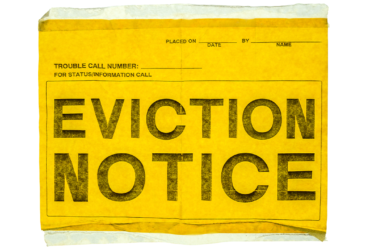An open-ended monthly lease without a stated term or expiration date
A month-to-month residential lease is formed when a renter takes lawful possession of the property without a definite term or expiration date, and the rent is paid on a monthly basis.
On such a lease, either party may terminate the tenancy by providing the other party with written notice. In most states, this notice must be given at least 30 days before the date the lease is set to expire.






